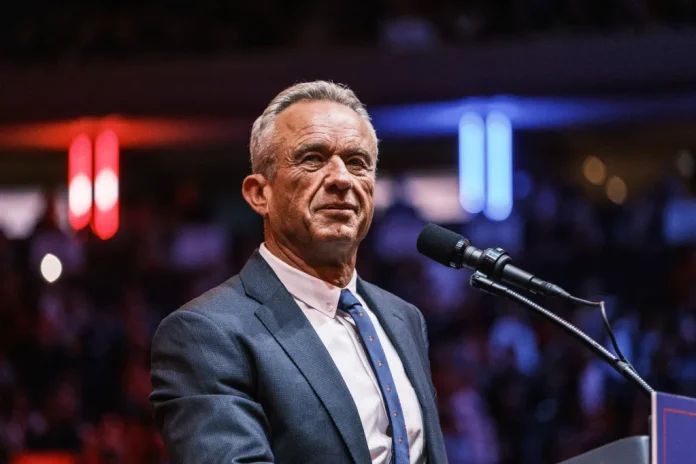Robert F. Kennedy Jr., the incoming Secretary of Health and Human Services under President-Elect Trump (assuming he gets confirmed by the Senate), has revealed a bold plan to address addiction in the U.S. He plans to legalize marijuana and psychedelics, using tax revenue to fund recovery programs. These programs will combine addiction treatment with organic farming, offering a new path for those struggling with substance abuse. RFK Jr.’s plan includes building “healing centers” in rural areas. These centers would focus on helping people in recovery by involving them in farming. Participants would grow organic food, care for animals, and work toward physical and emotional healing. The model is inspired by Italy’s San Patrignano center, which has shown success in treating addiction through agriculture. Kennedy believes this approach will not only treat addiction but also teach valuable life skills. He criticized many current treatment programs, calling them ineffective and overly focused on profit. Kennedy plans to federally decriminalize marijuana and allow states to regulate its use. He also supports legalizing psychedelics but wants access to be controlled. His focus is on therapeutic use, citing studies that show psychedelics can treat PTSD, depression, and other conditions. Could this finally be the end of the war on drugs as we know it in the US? Tax revenue from these substances would fund recovery centers. Kennedy emphasized the need for accessible and affordable treatment options. “We need to make recovery simple and effective,” he said. In addition to legalization, RFK Jr. supports banking reforms for the cannabis industry. He backs the SAFE Banking Act, which would protect banks working with legal cannabis businesses. Kennedy’s plan marks a shift in U.S. drug policy. By combining drug reform with innovative recovery models, he aims to create lasting change.RFK Jr. Plans to Legalize Marijuana & Psychedelics to Fund Recovery Programs

Recovery Through Healing and Farming
Legalization and Regulation of Substances
Banking Reforms and Broader Goals




